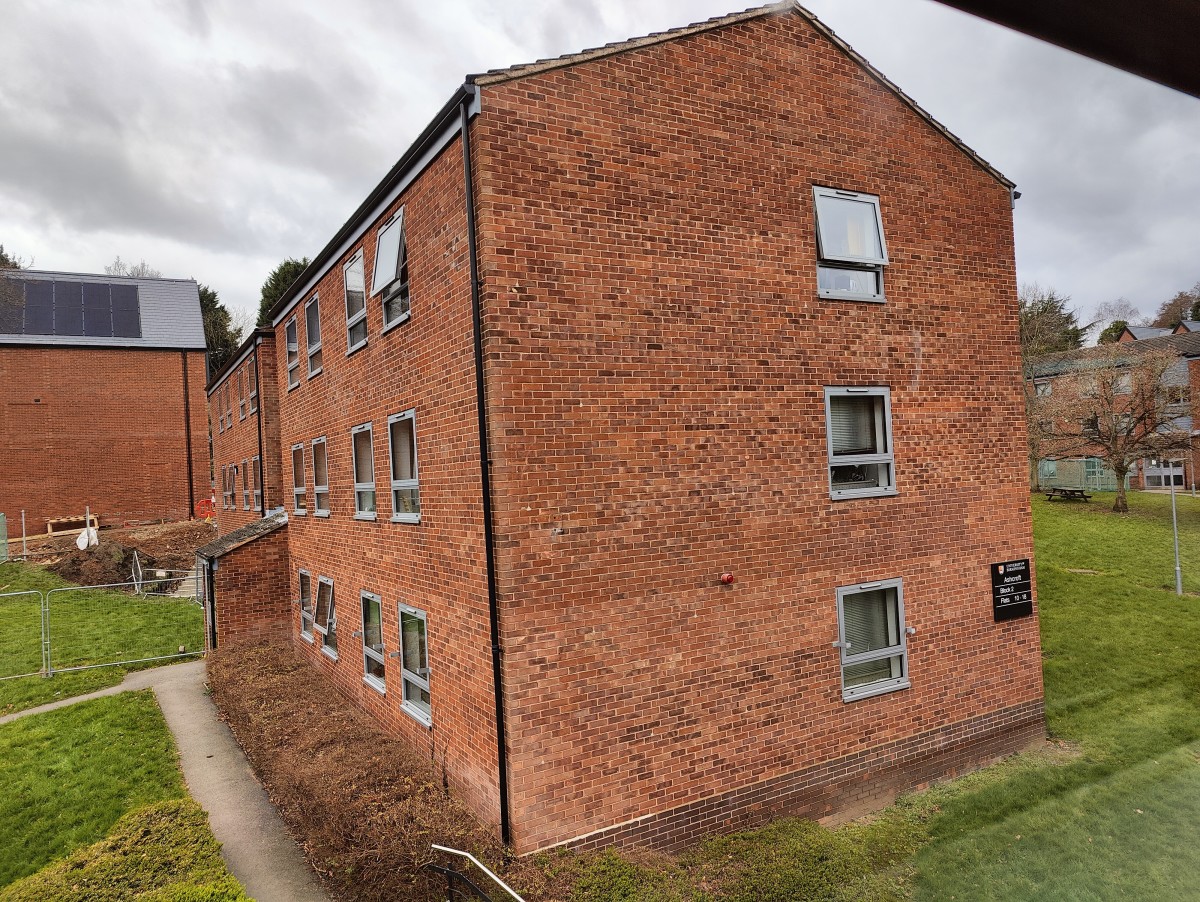What to Consider When Planning for College or University? Common Mistakes Students Make Regarding Tertiary Education
Before jumping into a swimming pool or lake, how many of you tested the water with your hand or foot? You wouldn’t want to just jump into the pool only to find out that it is freezing cold, would you? That would be a little bit too late! Well, making the right decision in choosing a college program is not much different. Do your research and you will not regret. Simply enrolling in a Pre-U or University program following your intuition or your friends would probably get you into troubles later on. You don't want to end up considering switching university at later years and wasted some of your precious years. Some of the common mistakes made by students regarding tertiary education are highlighted below :

Are Ivy League Colleges Worth the Price ?
1. Choosing the wrong Pre-University Program
Many students do not consider what they want to study at university before deciding on the pre-university program to choose. Some are undecided on what they want to study in their university program. They also do not consider whether the program they choose is in line with their abilities.
2. Choosing the wrong subjects in Pre-U
When students do not consider their university courses when selecting the subjects for Pre-unversity program, they often find themselves do not take the right subjects to qualify them for the university program they are interested in later. Taking the wrong subjects in Pre-U also narrows down their choices of universities or other higher institutions. In worst case, they find themselves do not have the qualification or pre-requisites to apply for the programme they are interested in.
3. Do not check the course structure
Students who do not check the course structure may end up enrolling in the wrong programmes. Course structure gives the students an idea of how courses are organized, the structure of learning process, including the course schedule, communication modes, activities and projects involved and types of assessments. A statement of the course structure can be found in the course overview, course syllabus, or orientation modules. This statement introduces the student to the course and the course structure.
Seeking consultation from an accredited and officially-appointed education advisor will also help to ensure that the pathways are done correctly.
4. Obsession with university rankings
Some students are obsessed with university ranking. A few years ago, a Malaysian newspaper reported a top student in Malaysia actually committed suicide when he was not accepted by the university ranked first in Malaysia. A university that ranked first in one field of study may not necessary be first in another. It would be better to find out what the world recognizes as the best in term of program from a specific university, than simply choosing a program from a reputable university or college.
5. Accepting the scholarship or loans without reading the terms and conditions
In some university, scholarship or loan is offered for Pre-U programmes only, with no guarantee of a continued scholarship or loan for the degree programme. When finance is a concerned, this can be a critical issue. Some university students have to drop out of the programme half-way through due to inability to pay tuition fee. Some scholarships also come with the condition of maintaining a grade point average for each semester, failing which the scholarship will be cancelled. In some other cases, such as loan from a government bodies can be converted to scholarship when the students achieved above certain grade point average. It is well worth to read the fine prints of the scholarship or loan you obtained.
6. Do not know the strengths and interests
Many students do not consider their strengths and interests when deciding on the Pre-U and University programmes. For instance, for students who are not academically strong, opting for A-level studies instead of university foundation programme will lower the students’ chances of getting good marks and qualify them for University programme they are interested in later.
7. Do not check the college or university’s strengths and facilities
Some higher institutions do not have comprehensive facilities to provide the necessary learning environment for the students. Depending on which field you decide to pursue, choosing the right program from the right higher institution can make a difference in your study experience and career opportunity later.
8. Do not check career opportunity or requirement
Though students are encouraged to choose a programme based on their interest, considering the employment opportunity or requirement after graduation is also crucial. If the unemployment rate in your country is high, this can be critical factor when selecting the right course in Pre-U and later in university. You don’t want to be jobless after you graduate, do you?
9. Blindly following friends
The worst mistake of all when considering tertiary education is to blindly following friends. You should find out what you like to do in your life, which should also be within your capability to achieve.
10. Pursuing parents’ dream
If you decide on the Pre-U and University programme based on your parents’ dream or recommendation, where your heart and soul is not in it, you may end up regretting over the decision. Listening to other people’s advice is fine, but please ensures that you also have the passion and interest in the subject matters.




How to evaluate the best course to enrol in at college or university ?
1. Education fair
Attending education fair is actually a good start for you to gather all the names of the colleges and universities, so that you have a list to work on. This can be a good starting point to your further research on tertiary education.
2. Check on the college or university official websites
Browse through all the courses being offered is a good start. However, please be caution that some of this websites can be outdated. Reading from related blogs or forums can give you some ideas of what the colleges are like, but do not believe everything that is posted, as they can be mistaken or outdated.
3. Campus Tour
Campus tour will give you a taste of the college life. It may be entirely different when you are in it, but it does helps at times to get a feel of it. After you have chosen a university, call them up to make an appointment with the person in charge or program coordinator to have a quick tour around the campus. The first impression may help you gauge whether you can fit into the environment.
4. Talk to friends or lecturers from the college or university
Websites and brochures normally provide you with general information. Approaching friends or lecturers to learn more about the course you are interested in will give you a better idea of what it is about. Ask about the courses to be taken: are they within your interest and ability? Ask also about the career prospects: Will you be able to find a job upon graduation? Friends and lecturers who have been there will be able to give you clearer vision of your tertiary education and future career prospect.
What I WIsh I'd Considered When Applying to College

Related Topic
- Younger Generation and Graduates in South Korea pref...
Youth unemployment in South Korea has become a more serious issue when the graduates only wish to work in Korean conglomerates companies, that offer higher salary and better working conditions.
Copyright
The text and all images on this page, unless otherwise indicated, are owned by Ingenira who hereby asserts her copyright on the material. Permission must be granted by the author in writing prior to copy or republish this article in print or online.
© Ingenira 2012








